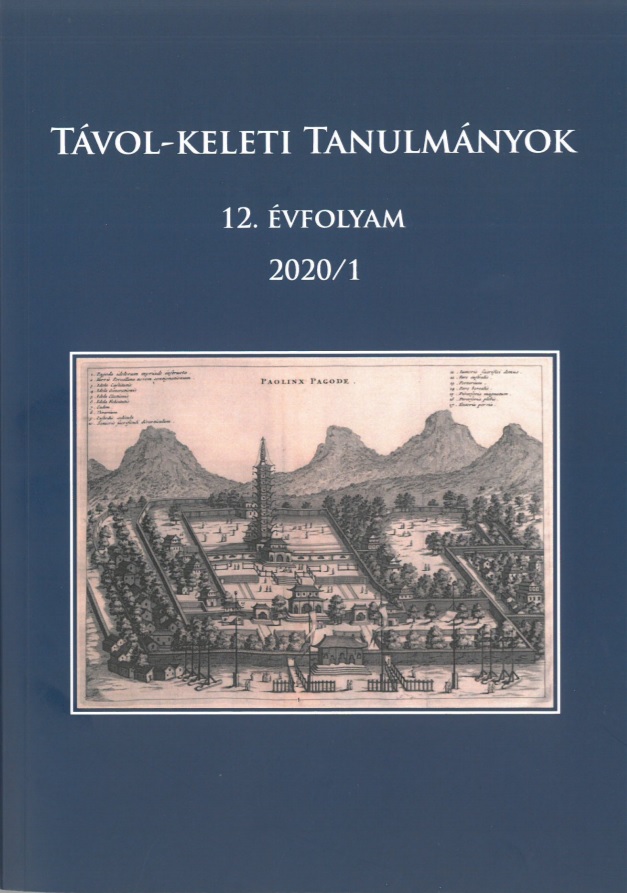Zsákutcák és középutak: Az eszmetörténeti vizsgálódások és az individuális cselekvés viszonya Maruyama Masao-nál
Dead-end roads and middle courses : Intellectual history and individual action in Maruyama Masao’s thought
Author(s): Ferenc TakóSubject(s): History of Philosophy
Published by: Eötvös Loránd Tudományegyetem
Keywords: Maruyama Masao; G.W.F. Hegel; Karl Marx; Max Weber; philosophy of history; Tokugawa era; Meiji era; ultra-nationalism; modernisation
Summary/Abstract: Maruyama Masao was one of the most influential figures of 20th century Japanese thought. In many of his most important writings he was focusing on historical periods in which he detected certain forces that could spur on Japanese society in its ‘progression’ or, on the contrary, certain obstacles that had ‘delayed’ it. In the present paper I examine Maruyama’s interpretation of these factors. I will compare his interpretation of the Tokugawa era with his understanding of his own times, i.e., post-World-War II Japan, focusing on the characteristics of his historical understanding that have their roots in European philosophies of history.
Journal: Távol-keleti Tanulmányok
- Issue Year: 12/2020
- Issue No: 1
- Page Range: 101-127
- Page Count: 27
- Language: Hungarian

